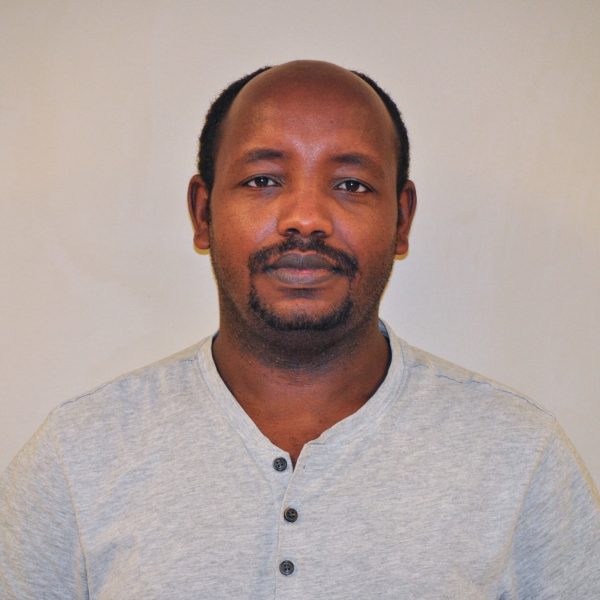William Heyen Explores Holocaust Through Poetry
“What’s your story?” poet William Heyen asked the audience at his reading last Thursday evening, March 27. He explained how stories can be about anything; whether you write about your life as a grandmother or as an electrician, it is your life and your story.
“I try to make my story a good one,” Heyen said. “A worthy one.”
William Heyen has written 21 books of poems and six collections of prose. Some of his collections include “Depth of Field,” “Erika: Poems of the Holocaust,” “Crazy Horse in Stillness” and “Straight’s Suite for Craig Cotter & Frank O’Hara.” He is currently a Professor of English at SUNY Brockport.
Heyen was a charming and charismatic speaker. He spoke in a deep, scratchy voice for over an hour, but it seemed much shorter. Heyen spoke directly to the audience about poetry and life itself. He has memorized somewhere between two and three hundred poems, and he recited many of them verbatim throughout his reading.
“The Holocaust belongs to the dead and the survivors, and we’re just looking in on it,” Heyen said, about his strong connection to the event and his frequent treatment of it in his poetry.
He writes two types of Holocaust poems: ones that are rational, and ones that are wild. Heyen likes the wild ones better.
One of his Holocaust poems, “The Killers,” is about gas chambers and contains the chilling line, “The killers are gassing the light.” Another Holocaust poem he read was the incredibly powerful “Poem Touching the Gestapo,” which includes the powerful line, “With perfect teeth for perfect paper weights.” The poem also describes a camp doctor who kept a diary listing the delicious foods that he had eaten on a particular day, all while trains carrying prisoners continuously drove into his camp. Heyen hopes to have a new book out soon called “The Candle” of selected new and old poems about the Holocaust.
“It seems very strange to me that I’m sort of literate,” Heyen said.
He told the audience that he is probably the most prolific poet of his generation, though he made it clear that he was not necessarily the best. Heyen explained how since the age of 20 he has been constantly writing something, which feels great to him. He also told the assembled group that his journals are quite detailed because they are a kind of “diarrhea of the mouth.” Over the last three to five years, he has written over 3,000 13-lined poems.
Heyen also specifically gave advice about writing to the abundance of young writers who packed into Lawrence 105 to listen to him speak.
“[Poems are] about the speaker generating a story and then finding some way to stop talking,” Heyen said.
As both a poet and a writer of prose, he claimed that he has never been worried about defining the line between the two genres. Instead, he just sits down and writes. He referenced William Carlos Williams, saying that we are all victims of genre.
However, Heyen explained how the bottom line for writers is that they’re all just trying to create something that they truly care about, and it’s not an easy process. Writing, he said, is not about pleasing others. Instead, it is more important to please yourself, and make sure you are happy with what you have created. In this vein, Heyen should certainly be happy with the poetry and magical words that he has created throughout his lifetime.







